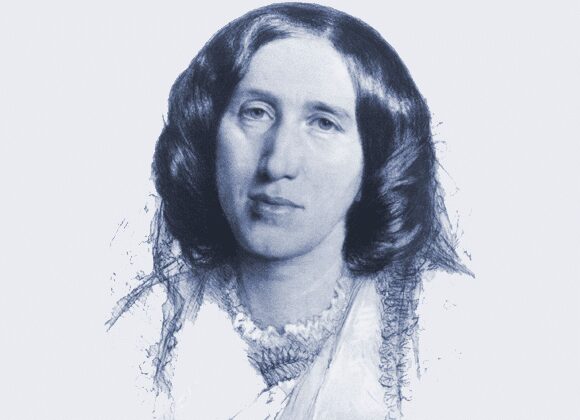George Eliot was the pen name of Mary Ann Evans, a celebrated Victorian novelist and poet who made a lasting impact on English literature alongside her contemporaries Charles Dickens, William Thackeray and Thomas Hardy. She was born on 22nd November 1819.

She lived a scandalous life in an age when women were expected to conform to strict conventions, writing progressive and forward-looking novels, editing revolutionary journals and cohabiting with her lover despite society’s harsh condemnation. A genius with words, she invented terms like “lawn tennis” and “pop” to refer to popular music and gave words like “browser” their modern meaning.
Here are some of her works that have immortalised her name in the pages of English literature.
MIDDLEMARCH
Micheal Gorra, exploring the possible reasons why Middlemarch was voted the greatest British novel in BBC Culture’s poll said that, “If you read this novel, you will find out about yourself”.

Eliot displays her tremendous gift for characterisation in Middlemarch, or A Study of Provincial Life, portraying characters who are nuanced and complex with their unique merits and flaws. It’s a compelling study of the human psyche.
Symposium on literature role in freedom movement
THE MILL ON THE FLOSS
Eliot’s most autobiographical novel draws its inspiration from her own complex relationship with her brother. Her depiction of the Tulliber siblings is vital and sympathetic and while their bond is strained at times, the moments they share are wholesome and have reminded many of its readers of the comfort they derive from their siblings’ love. The ending will certainly move the hardest of hearts to tears.

Source: The Times
SILAS MARNER
Eliot packs into this outwardly simple story of a village weaver and his adopted child a whole range of meanings. The novel presents an empathetic portrayal of an isolated individual who is cast out as a pariah and how he finds solace caring for another. Often read allegorically, the novel also offers an extremely sophisticated critique of industrialisation, capitalism, changing communal values and organised religion.

READ MORE:TATA LITERATURE LIVE! ENDS TODAY













